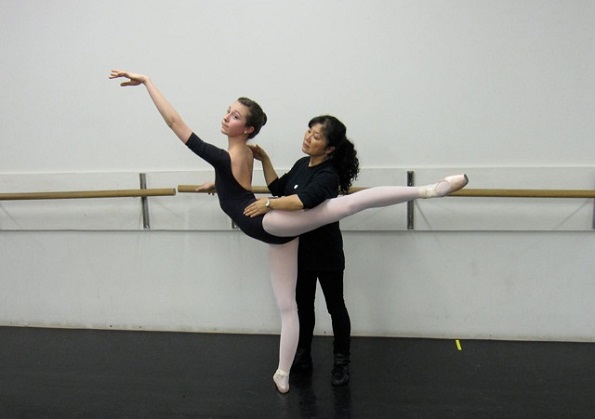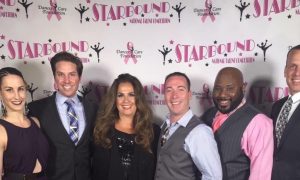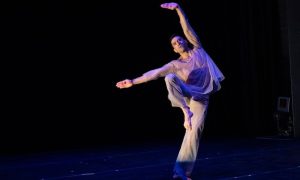By Emily Yewell Volin.
Dancers have a love/hate relationship with corrections. How can you make sense of the corrections you receive and advocate for your own progress? Dance Informa spoke to pro teachers and adjudicators about how to make the most of corrections.
Are corrections really a compliment?
Daniel DeFranco
Artistic Director, Groove National Dance Competition, Youtube.com/GrooveDanceComp
Corrections are absolutely the highest form of compliment! It’s the idea that if there is someone in your field who is more knowledgeable than you, you should definitely be open to their criticism.
How can a dancer best receive a correction?
Brandon Cournay
Dancer with Keigwin + Company, adjudicator for Headliners
There is so much information available; you just have to choose to receive it.
Daniel DeFranco
There are so many people who will never accomplish what they want because they stopped when they got criticized. You are never going to do anything first time out and be perfect at it. This applies to anything you love or do in your life. Everything is a learning process. Learning to listen to someone else’s opinion and not take it emotionally – that’s a great skill.
How are corrections given in a competition or audition setting?
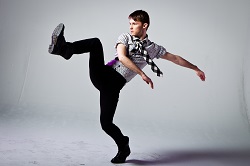
Brandon Cournay of Keigwin + Company. Photo by Matthew Murphy
Brandon Cournay
I look at a dancer’s overall movement quality instead of judging the choreography and give them information about overall stage presence.
Arleen Sugano
Ballet teacher/coach who has taught at 2010 IBC USA School and is co-author with Dr. Kenneth Laws of The Physics of Dance, 2008, Oxford University Press. Suganosystem.com
If a dancer is witnessed only once, the correction may already be something that is being addressed, so it would serve to substantiate their current work. However, it may be something that the dancer has never heard of or considered and therefore, the dancer may need an open mind to accept a new point of view.
Daniel DeFranco
An adjudicator has three minutes to give a one-way correction. You are not going to change the way a dancer dances in three minutes. If the adjudicators like the choreography, that’s great. If they like the costume, that’s great. But if they feel the choreography and the costume detract from the dance, we want them to focus on the student. They are scoring the piece that goes before them on the stage, but the comments in the critique are for the students. We recommend that all students watch their video critiques with their teachers. Having a teacher there to interpret and talk through the corrections is valuable.
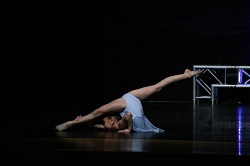
A competitor at Groove National Dance Competition. Photo by Tom Pagut
What are you looking for when critiquing a dancer’s performance?
Daniel DeFranco
I’ve seen good dancers do bad choreography and it looks amazing and I’ve seen bad dancers do good choreography and it looks horrible. Dance is the perfect marriage of art and athleticism. Technical corrections are mostly what we compete upon. You can say, ‘point your foot’ and ‘pull up through your center while you are turning’. These are very easy things to say to a dancer and deduct points.
Brandon Cournay
When you are critiquing a performance, you are talking about focus, stage presence, use of your space and communication – not just dancing through the music.
Is it ok to ask for additional coaching?
Arleen Sugano
As a general rule I do not solicit private training/coaching unless asked. I think students must understand their needs and goals when considering additional work.
Brandon Cournay
While I am adjudicating, especially now with Facebook, I’ve had several students reach out to me. I do not feel it’s appropriate to accept them. If a teacher approaches me to teach a Master Class or work with his/her students, I am very open and willing to do that.
Daniel DeFranco
Every one of our events has free master classes with our judges. The mornings have a two-way interaction with the judges. This two-way conversation is way more valuable than a one-way conversation from a judge to a student.
Photo: Arleen Sugano corrects student Connelly Weeks. Photo by Jonathan Bostick


